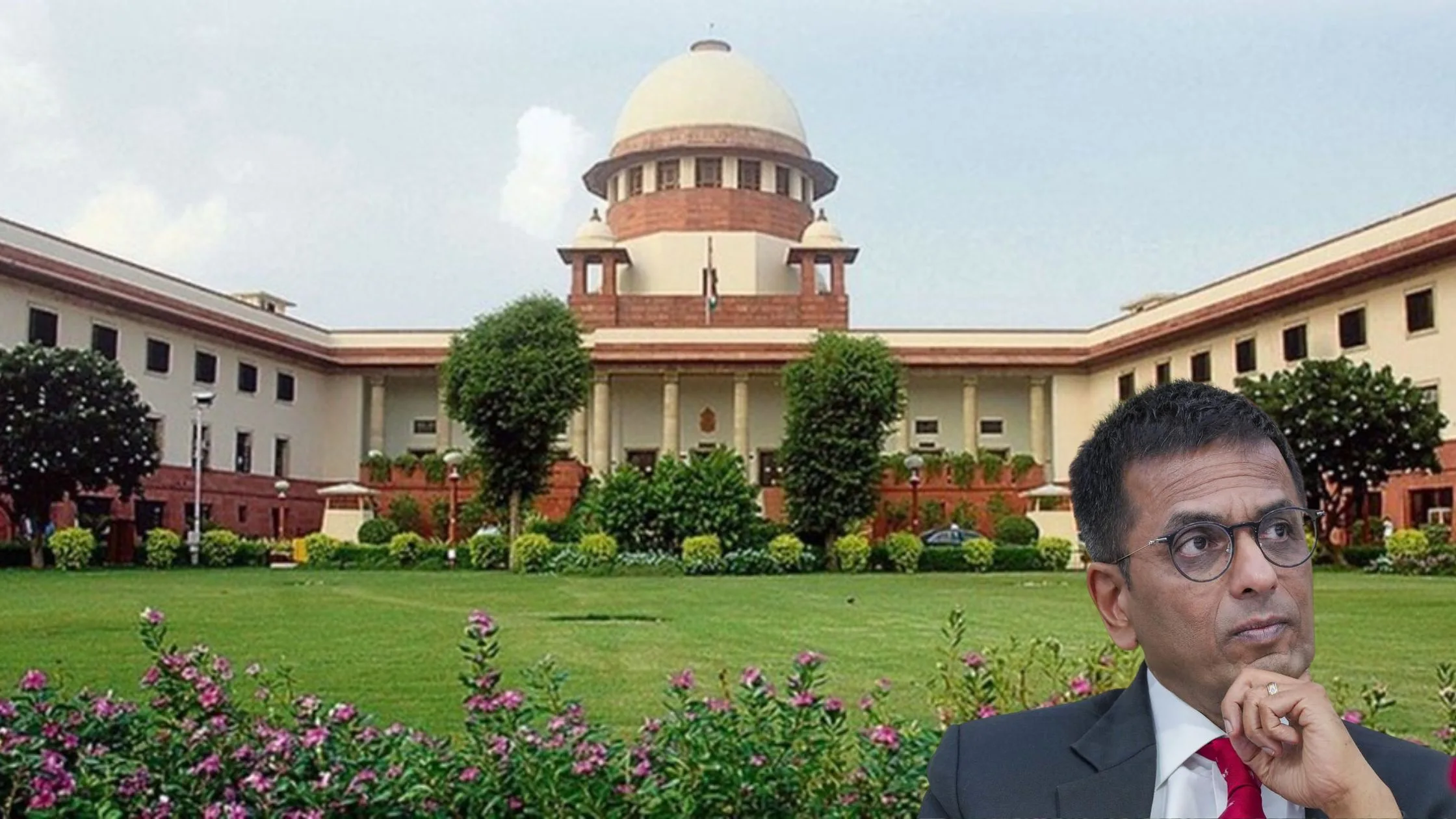In a recent development that has sent shockwaves across the nation, the Supreme Court of India has vehemently criticized the complete breakdown of constitutional machinery in the country. This scathing rebuke from the apex court comes in response to a series of events that have raised concerns about the state of governance and the adherence to constitutional principles.
Context and Significance
The Supreme Court’s strong reaction stems from the alarming erosion of constitutional values and the principles that form the backbone of India’s democratic structure. The court’s role as the guardian of the constitution has led it to express deep concern over recent incidents that have undermined the sanctity of the nation’s legal and political institutions.
The Crisis Unraveled
The judiciary’s apprehensions were triggered by a chain of events that highlighted the fragility of the constitutional fabric. The breakdown of the constitutional machinery implies a failure of the governance system to uphold the rule of law, separation of powers, and fundamental rights guaranteed to citizens.
Challenges to Judicial Independence
One of the primary concerns raised by the Supreme Court is the challenge to judicial independence. The judiciary, as an independent and impartial institution, plays a pivotal role in upholding the rights and liberties of citizens. However, recent attempts to interfere with the functioning of the judiciary and undermine its autonomy have raised serious doubts about the integrity of the system.
Erosion of Democratic Institutions
The erosion of democratic institutions is another key aspect of the crisis. The pillars of democracy, such as the executive, legislature, and judiciary, are meant to function in harmony and serve as checks and balances on each other’s powers. However, recent events have indicated a growing trend of executive overreach and the weakening of the legislature’s oversight functions.
Threats to Freedom of Speech and Expression
Freedom of speech and expression are fundamental rights enshrined in the Indian Constitution. The Supreme Court has expressed concern over the increasing instances of curbing dissent and stifling voices critical of the government. Any infringement on these fundamental rights poses a grave threat to the democratic ethos of the nation.
Political Turmoil and Instability
The breakdown of constitutional machinery has also manifested in political turmoil and instability. The erosion of trust in institutions and the lack of a collaborative approach among political parties have led to governance challenges and policy gridlocks, affecting the overall development and progress of the nation.
Citizens’ Rights and Social Justice
The Supreme Court’s rebuke also draws attention to the protection of citizens’ rights and the promotion of social justice. The breakdown of constitutional machinery can lead to the marginalization of vulnerable sections of society, denying them access to justice and essential services.
The Call for Course Correction
The Supreme Court’s firm stand reflects the urgency for course correction to preserve and strengthen the democratic framework. As the custodian of the constitution, the court’s role is pivotal in upholding the rule of law and ensuring the protection of citizens’ rights and freedoms.
The Supreme Court’s strong criticism of the complete breakdown of constitutional machinery serves as a wake-up call for all stakeholders. Upholding the sanctity of the constitution and the principles enshrined within is paramount to maintaining the democratic essence of India.
Addressing the challenges and working towards restoring faith in democratic institutions is the collective responsibility of the government, political parties, civil society, and citizens alike. Only through concerted efforts can the nation overcome this crisis and emerge stronger, upholding the values that define the essence of India’s constitutional democracy.

